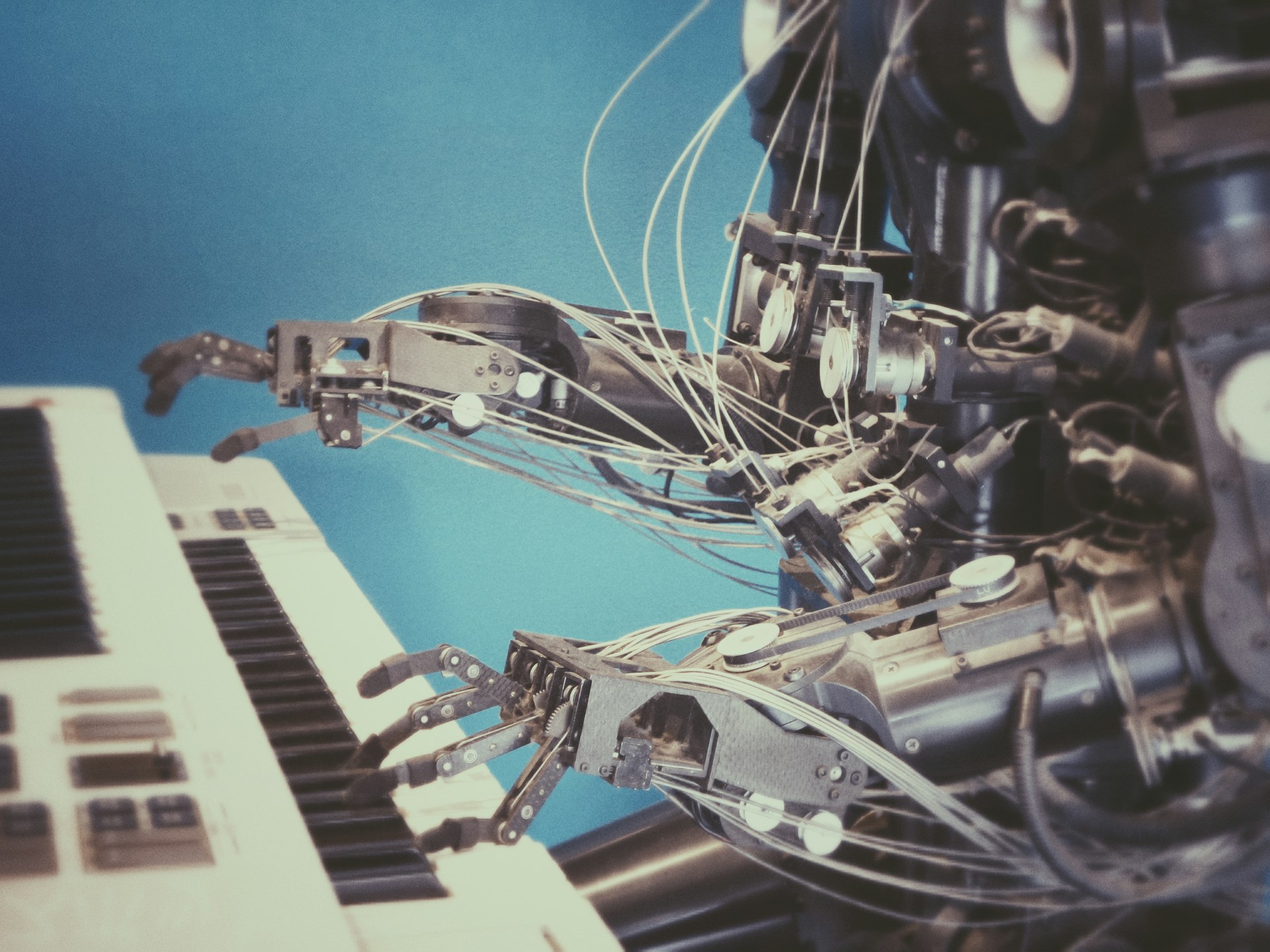
Linkin Park made a powerful comeback at Berlin’s Olympic Stadium in 2024, marking their first performance in the city since June 2017—just a month before the tragic death of their lead singer, Chester Bennington. This highly anticipated return, featuring a new vocalist and a renewed sense of purpose, proved both emotional and electrifying for the tens of thousands in attendance.
A Storm of Emotion and Sound
On a calm summer evening in Berlin, with clouds hanging low and a gentle breeze sweeping through the historic venue, a storm erupted—not from the sky, but from the stage. The iconic riffs of “Somewhere I Belong” and “Crawling” rang out across the stadium, instantly igniting the crowd. These opening tracks, beloved by fans, unleashed a flood of emotion—blending nostalgia, sorrow, and sheer elation.
Among the sea of fans, one sign stood out: “Thank you for the second chance.” It captured the sentiment shared by many. The man who helped create these anthems and gave them voice—Chester Bennington—is no longer here. His death by suicide in 2017 left a void in the band and a deep wound in the hearts of fans.
A New Voice, A Familiar Soul
Linkin Park’s decision to return was not taken lightly. Their new album and revamped lineup introduced Emily Armstrong as the band’s lead singer. Stepping into Bennington’s place was no easy feat, yet Armstrong has embraced the challenge with authenticity and respect. Rather than trying to outshine Bennington, she honours his legacy—delivering his vocals with emotional precision and her own powerful edge.
Armstrong commands the stage with a unique presence. Sporting blonde hair and dark eyes, she begins in a tracksuit before switching to a loose T-shirt, roaming restlessly across the stage as if trying to connect with every fan. She channels a mix of classic rock energy, introspective focus, and modern cool, adding her own chapter to the band’s story.
Shinoda Holds the Legacy Steady
Co-frontman Mike Shinoda remains the steady hand guiding the band through this new era. Since Bennington’s death, Shinoda has become the face of Linkin Park, seamlessly delivering his signature rap verses and engaging with the audience. Whether reading a few humorous lines about Berlin, Currywurst, and Kennedy in German or tossing signed caps into the crowd, Shinoda connects with fans in ways both casual and heartfelt.
The chemistry between Shinoda and Armstrong is clear, especially on newer tracks where he takes on more melodic roles. It’s not about grand spectacle; it’s about sincerity—and the audience responds in kind, pouring their hearts into every lyric, every chant, every beat.
A Chorus of Survivors
The crowd is more than just an audience; it’s a chorus of survivors. In the mosh pits that erupt across the stadium, catharsis takes physical form. The voices of thousands—many of whom came of age with Linkin Park’s music—rise up together. These were the skaters, the gamers, the misfits of the early 2000s who found comfort and identity in the band’s blend of nu-metal, hip-hop, and emotional honesty.
They sing the old songs with undiminished passion, their impact as strong as ever. But they also embrace the newer material from the 2010s, despite a noticeable shift toward pop-influenced melodies and cleaner production. The concert’s middle section does momentarily lose momentum, especially with ambient tracks that drift in the stadium’s challenging acoustics.
Bennington’s Presence, Without the Clichés
Remarkably, Bennington is never mentioned by name during the concert. Yet his spirit is everywhere—woven into every note, every scream, every silence. There are no heavy-handed tributes or sentimental displays. Instead, the band allows his memory to live naturally through the music, avoiding clichés while still offering space for remembrance.
Linkin Park’s Berlin performance was not just a concert—it was a statement. A message that healing is possible, that evolution can coexist with legacy, and that even after immense loss, music still has the power to unite and uplift. Their return to the stage wasn’t just successful—it was deeply moving, a true second chance embraced by all.





